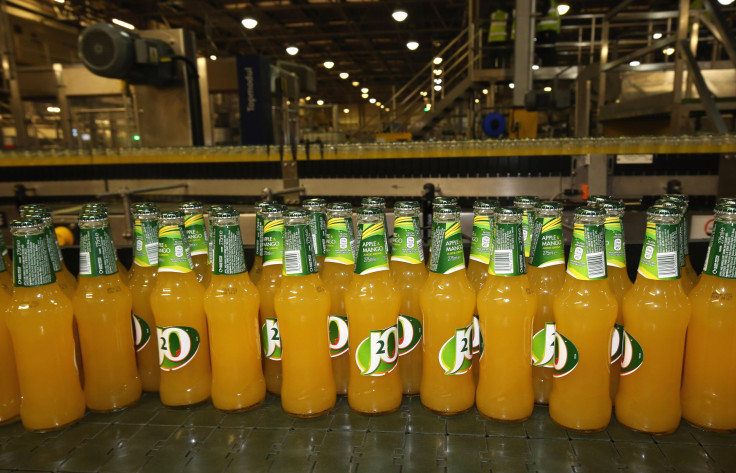Soft Drink Sugar Tax: UK Joins Mexico With Levy On Sugary Beverages To Fight Obesity

The sugary-drink tax is spreading.
Two years after Mexico became the first country to impose a tax on obesity-linked soft drinks, Britain is poised to follow suit. On Wednesday, Chancellor George Osborne announced a new tax on sugar-containing soft drinks that would go into effect in 2018.
“One of the biggest contributors to childhood obesity is sugary drinks,” Osborne told members of Parliament. “We understand that tax affects behavior. So let’s tax the things we want to reduce, not the things we want to encourage.”
The announcement comes as part of Britain’s 2016 budget, which includes a series of austerity measures and cuts to growth forecasts. The tax would raise 520 million British pounds ($732.3 million) in its first year, Osborne’s office estimates. The funds would go to pay for primary school education. The tax would be imposed on manufacturers, and it would be up to them whether or not to pass the costs to consumers, Osborne said.
British public health advocates had been calling for a tax on sugar-sweetened beverages, but the Department of Health said it would not introduce such a tax, as "the government has committed to a tax lock to avoid raising the cost of living and to promote U.K. productivity and economic growth."
The plan comes two years after Mexico announced a similar move to address a growing obesity epidemic there, implementing the world's first tax on sugary drinks, of one peso per liter. Unlike the British plan, which taxes manufacturers, the Mexican tax is consumption based. It disproportionately affects the demographic more likely to heavily consume sugary drinks – the poor – and has helped cut soda consumption by as much as 12 percent, one study found.
In 2014, St. Helena, a British overseas territory in the South Atlantic, implemented an import duty on carbonated drinks with more than 15 grams of sugar per liter. South Africa is poised to impose a consumption tax on sugar-sweetened beverages starting next year. Norway has taxes on sugar products, including carbonated soft drinks, while Demark is removing soft drinks from the list of sugar-containing products subject to one of the oldest existing sugar taxes, which began in the 1930s.
Shares in Britvic PLC (LON:BVIC), which makes and markets Pepsi and Mountain Dew brand sodas, fell 2 percent after Chancellor Osborne’s announcement. Stock in A.G. Barr PLC (LON:BAG), maker of the popular Scottish soft drink Irn Bru, fell nearly 4 percent. Sweetener supplier Tate & Lyle PLC (LON:TATE) shares fell more than 1 percent.
© Copyright IBTimes 2024. All rights reserved.






















